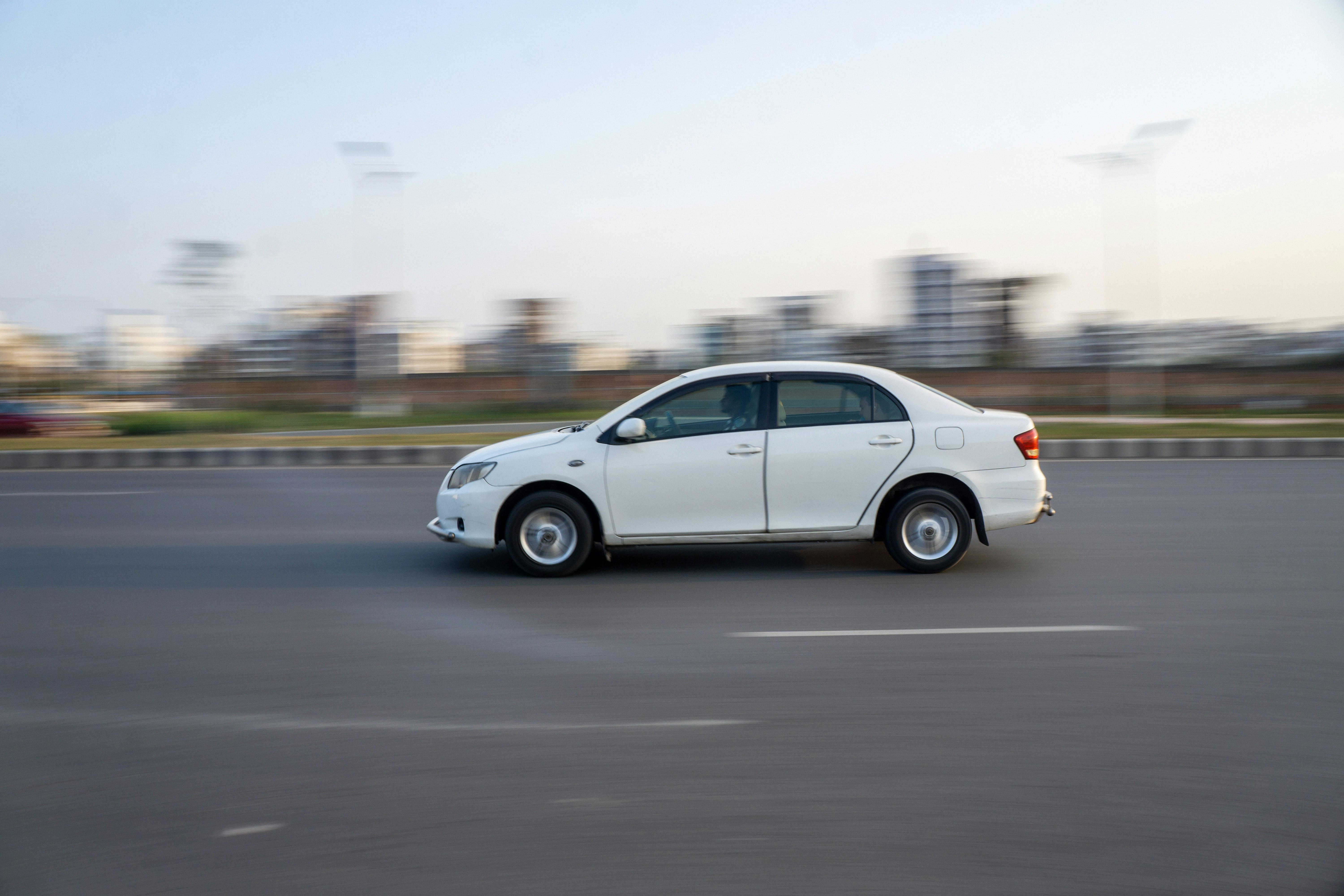Culture. We talk about it rathera lot, and that's because it's so essential to workplace health and safety.
Culture is developed in actions - many small actions add up to an overall way of being, an expectation of behaviour, an implicit message of support, or an absence thereof.
Consider this example: after a recent major crash investigation, police referred the incident to WorkSafe. While the driver was at fault for the incident, it was found that aspects of the workplace the driver belonged to were culpable. Namely, schedules were too tight, and the driver took marijuana to get through. So, while it was deemed that the driver was responsible for the crash, the workplace was at fault for the state of the driver behind the wheel. Can youthink of any similar examples from your workplace where, if there were an incident, a critical eye might be cast at practices?
Here's another one to consider: Fatigue. We know that people can often finish a day pumped up and full of energy. They've had a big day, been at an event, or perhaps had a successful win. The adrenalin is flowing, so they feel good for the drive home. After a short time in the car, the energy burns out, and the fatigue hits. Combine this with the circadian rhythm dip around 3-5pm, and it doesn’t take too long before they feel drained and the driving becomes difficult. Do you have employees who might fit this scenario? What could you do to ensure their journey home is a safe one?
Here are some other considerations about health and safety in your organisation:
- It's a fact that it's far easier to get workers to look after their mates than themselves. How can you harness this in your workplace?
- When an employee travels a distance for work and looks like they’ll need to spend a while there, it can make for a very long day. What is your organisation's approach: always encourage staying the night if it is safer, or push employees to finish and get home, thereby saving on accommodation costs?
- Think about mobile phone use while driving. If an employee answers the phone while driving – do you 'quickly cover what I need to cover' or do you make it clear you will wait until they're off the road to talk?
- The law says we can use hands-free devices to talk on the phone while driving, but research shows this is still a risk. What does your organisation do - allow hands-free mobile phone use because the law does, or take a more safety-conscious approach and ban it altogether? Consider changing employee voicemails to say, “I can’t take your call because I’m probably driving right now. Leave me a message, and I’ll call you back when I’m not on the road”. Another suggestion is to empower your team/employees to make decisions in your absence if they can’t reach you while you’re driving.
- Consider the lives your employees lead outside of work. This doesn't mean interfering in their personal lives, but understanding the sleep deprivation that may be associated with having a sick child, having to drive a long way to get home, or the extra pressure of a new project - where a person may be 'taking home' that stress.
For most people, driving is likely the most dangerous thing they’ll do in a day, and 80% of crashes are caused by ordinary, well-experienced drivers.
What can you do in your organisation?





.png)

